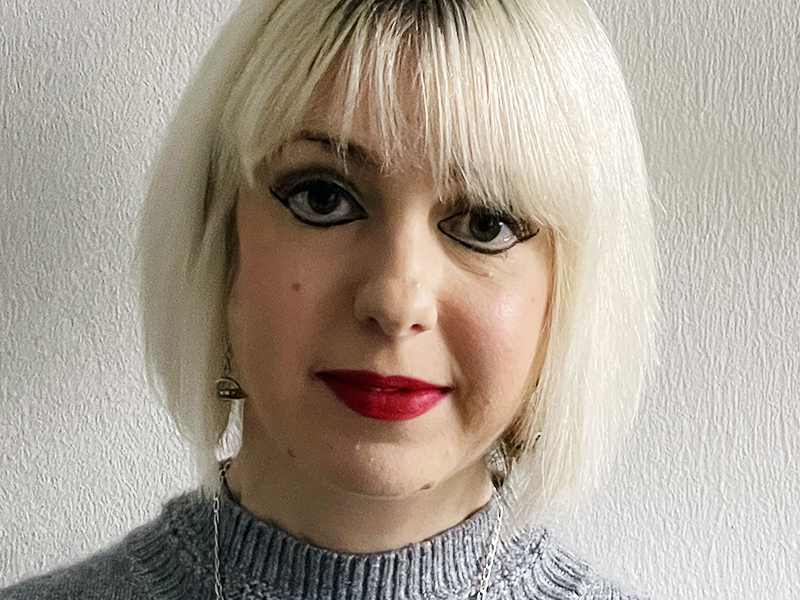Erica Young on potentially transformative benefit proposals
Last week saw the publication of a radical new vision of what social security for disabled people in Scotland could look like. An independent review of the country’s flagship disability payment, Adult Disability Payment (ADP), was published by an expert team led by Edel Harris OBE, and Citizens Advice Scotland is proud to have played a key role in its development.
From the outset, the review was a model of inclusivity, rooted in the voices of disabled people and the organisations that represent them. As the largest provider of support to ADP applicants (outside of friends and family), our network was perfectly placed to channel these insights into people’s real life experiences of accessing the system.
Exploring the entirety of how ADP operates, the review recognised the achievements associated with ADP as a payment based upon the values of dignity, fairness and respect, while seeking to understand how to build on those achievements.
It includes several important recommendations, such as establishing a group of people who have direct experience of accessing ADP from Social Security Scotland - placing real world perspectives at the heart of Scotland’s social security agency. This would be augmented by agency-wide training for staff in how to support people who have experienced trauma, embedding a flexible approach which is crucial to preventing further harm.
Other simple, transformative suggestions include improvements to the ADP application form and giving people the option from the outset to discuss their circumstances with specialist staff either in person or remotely.
Evidence from our network shows that many people struggle with the nature of their circumstances, often unable to articulate or even perceive them clearly. Giving people the opportunity to interact directly with agency staff can be the most effective way of conveying a complete and accurate picture of their situation. Empowering people in this way would help to avoid inaccurate decisions, resulting in fewer disputes that cause psychological and financial harm.
The review is clear. Ambition is needed if ADP is to become a truly world-leading payment. For example, facilitating seamless connections between social security to other agencies and services that a person might need, such as a local authority team, would facilitate consistency in decision-making and better anchor services to the needs of individuals.
Achieving this means revising the ADP eligibility criteria to focus on the impact of health on wellbeing and everyday outcomes, such as being able to prepare a nutritious meal. It means accounting for the way health conditions interact and explicitly recognising health related risks and potential harms.
The review has drawn a map towards a process that sensitively explores the multiple dimensions of a person’s life and health, including medical information; the ability to perform tasks; personal circumstances; and social and environmental realities. Such an approach would radically improve the experience of, and trust in, social security and its ability to identify and fulfil the needs of disabled people.
The Scottish Government will now consider whether to accept the review’s recommendations. Our view is that doing so would take Scotland forward toward a genuinely world-leading, participative and fair social security payment; surely a promising future worth investing in.
Erica Young is part of the social justice team at Citizens Advice Scotland.
This column was first published in the Herald.







